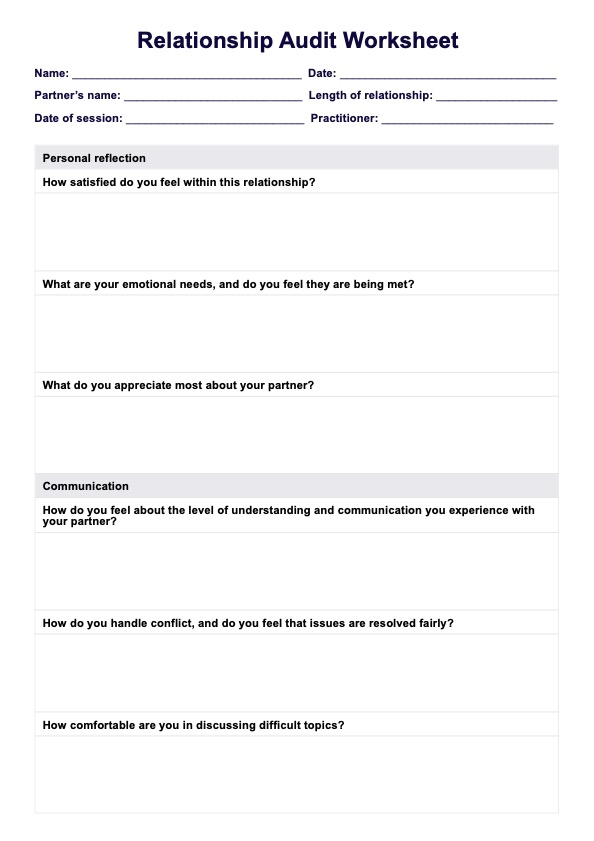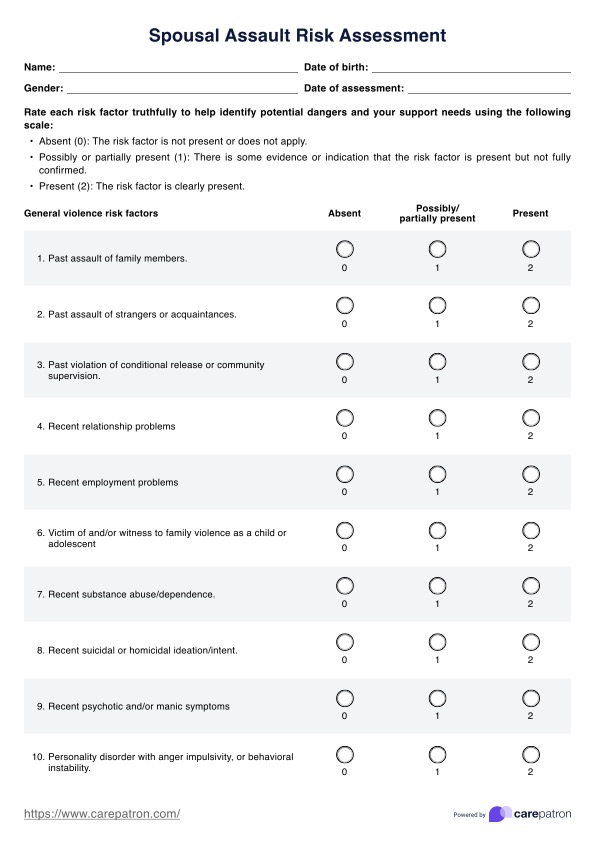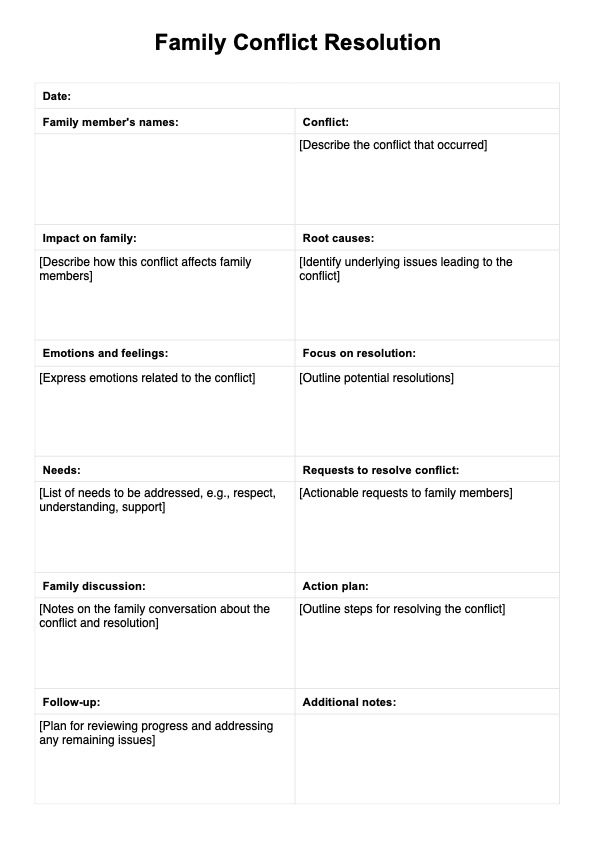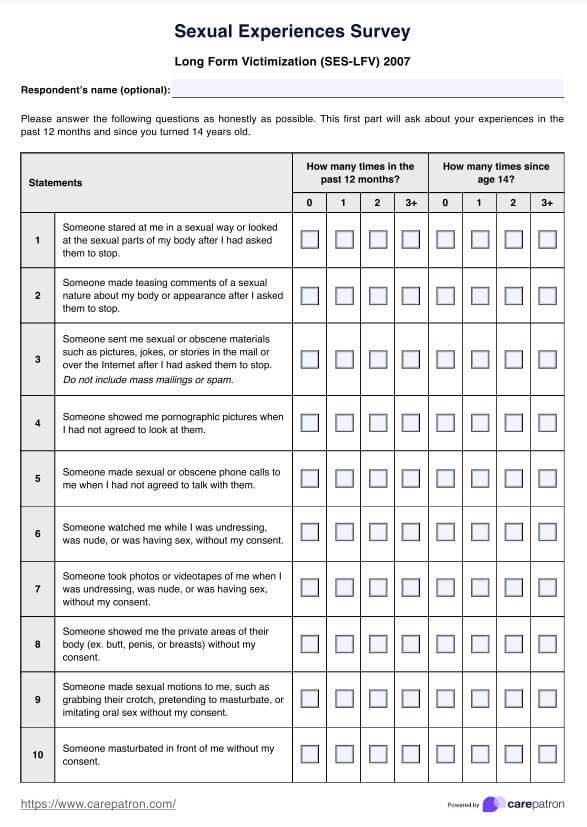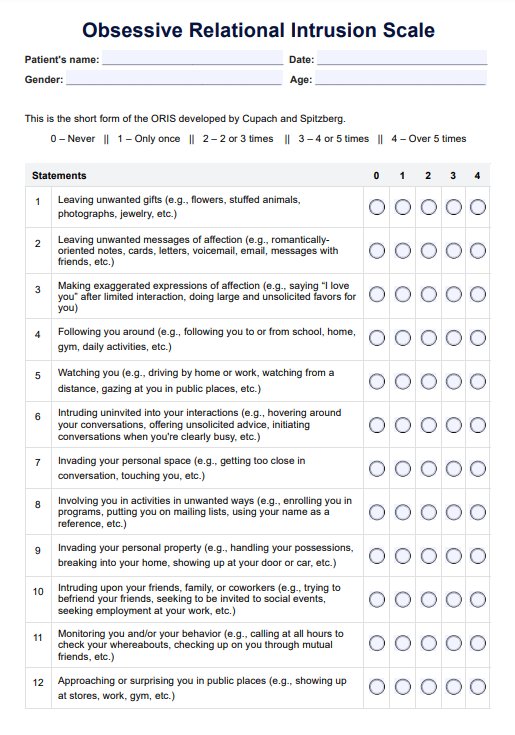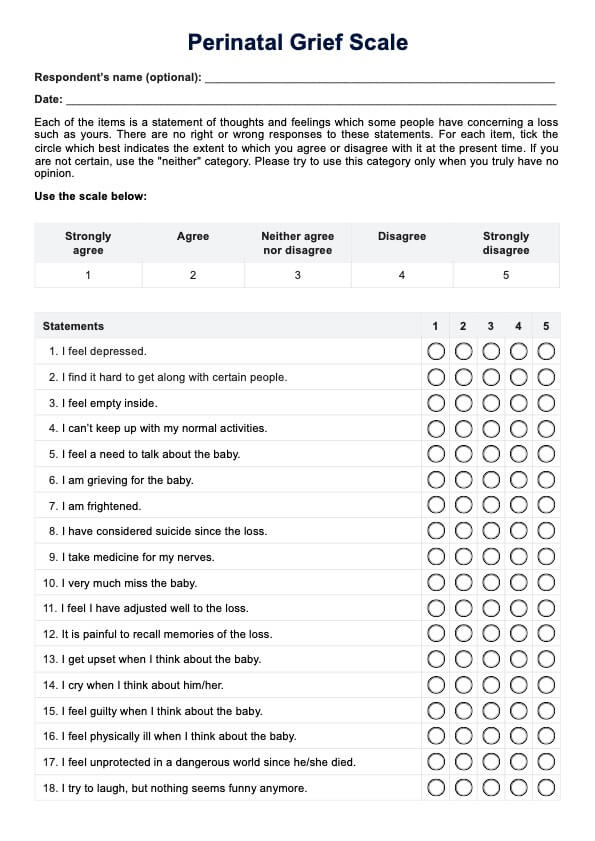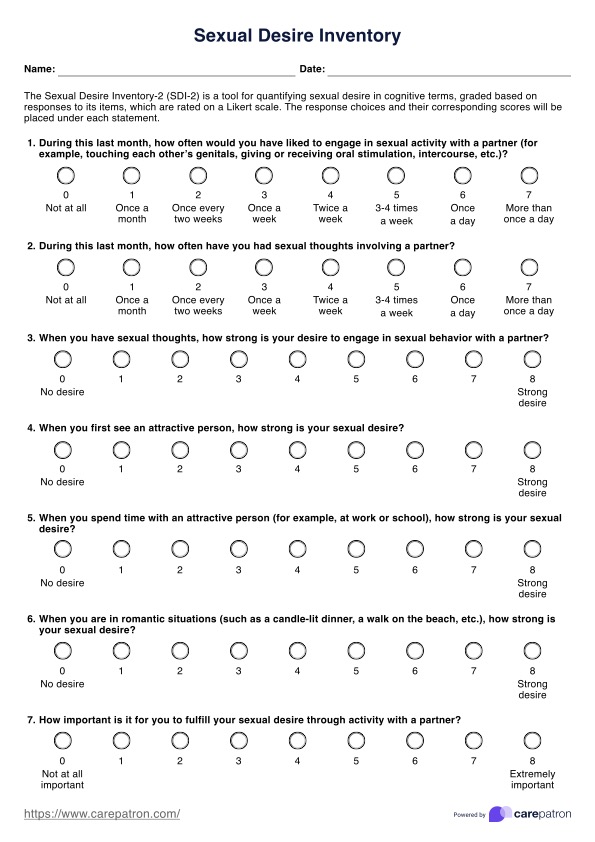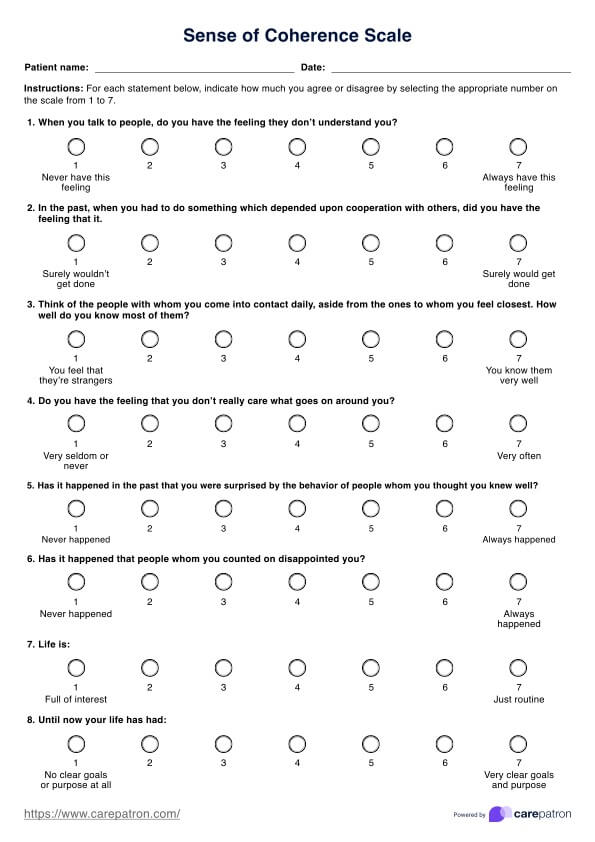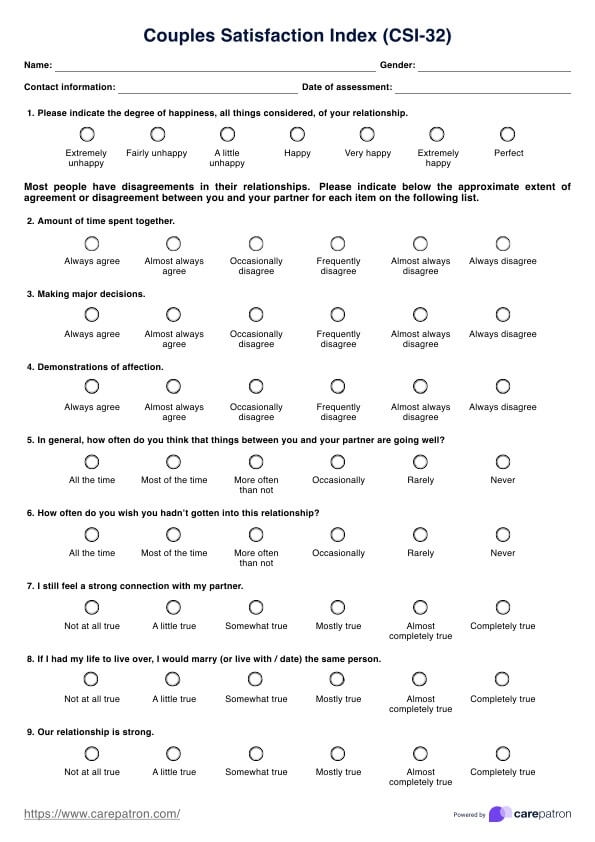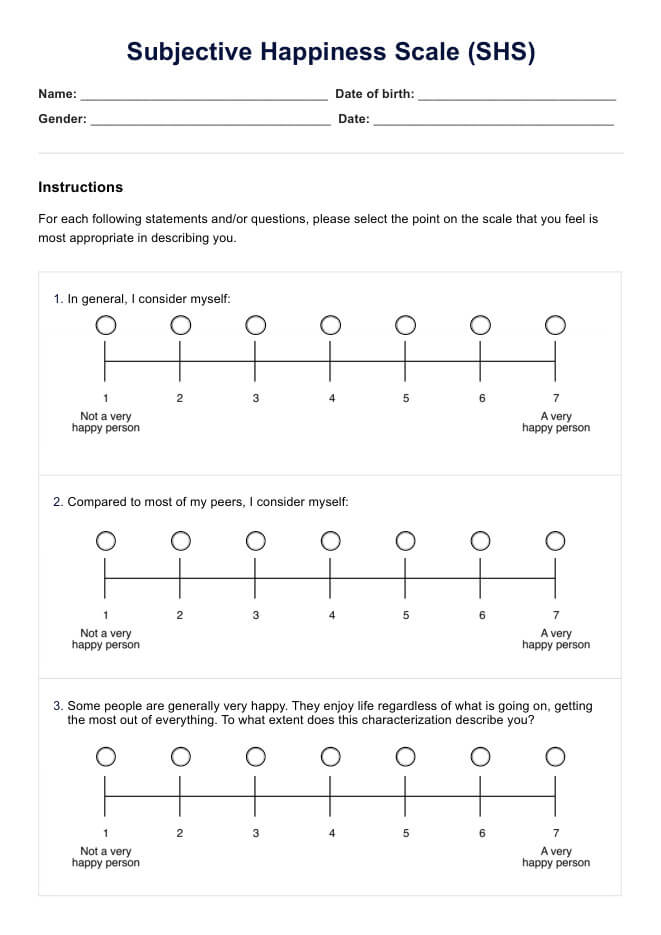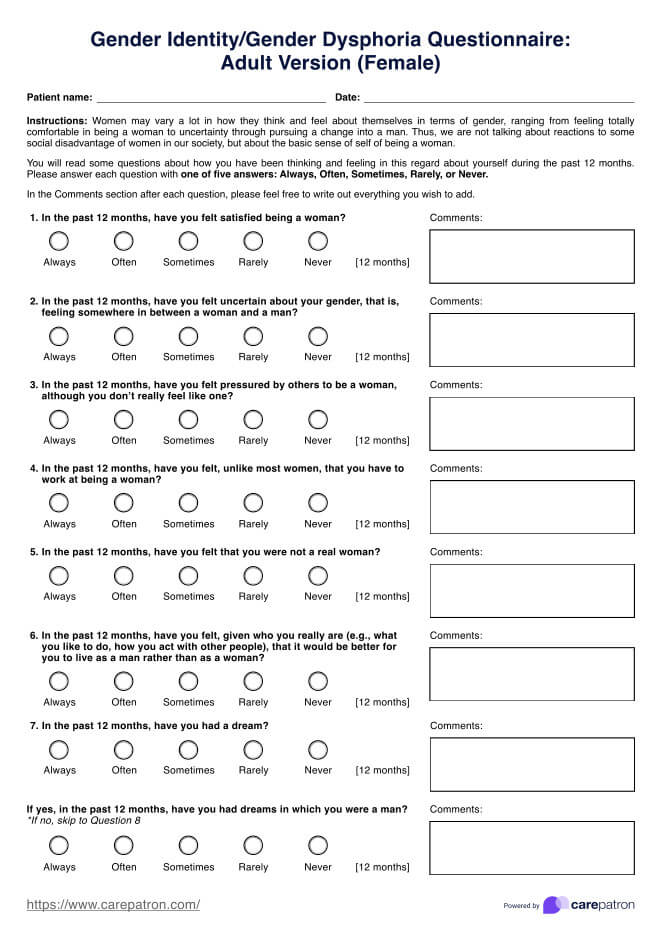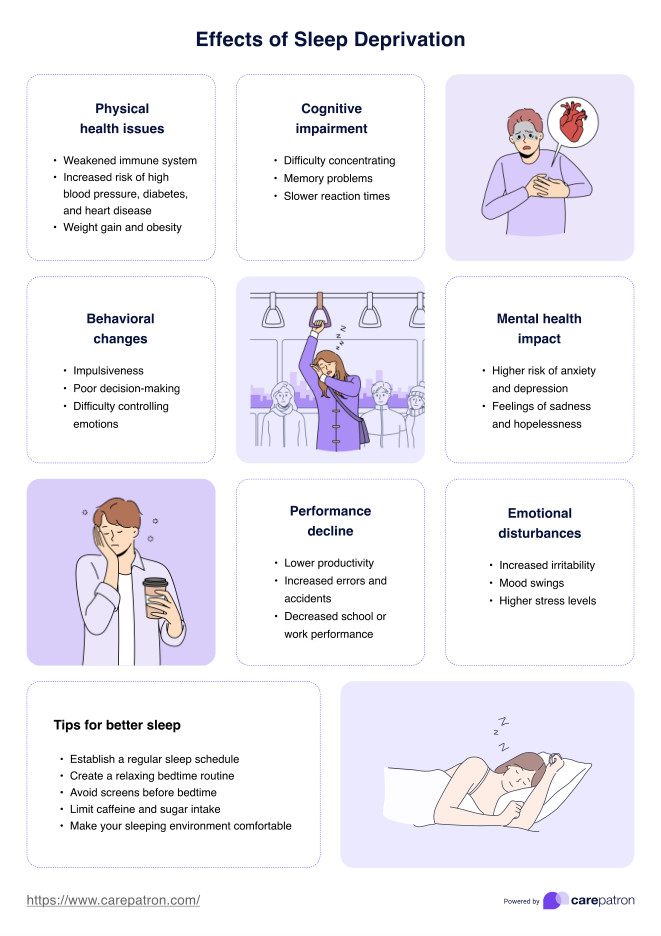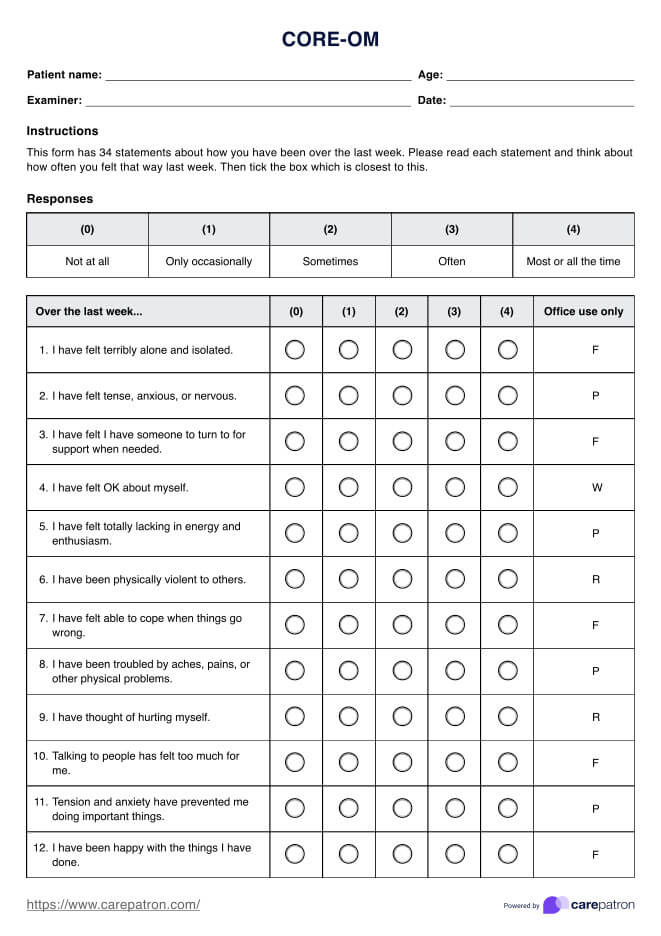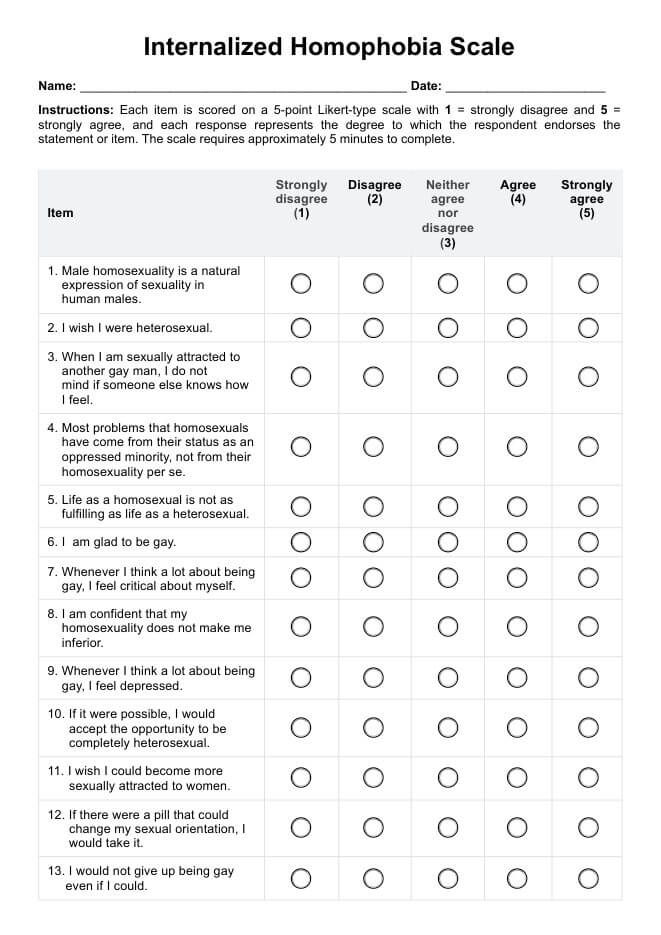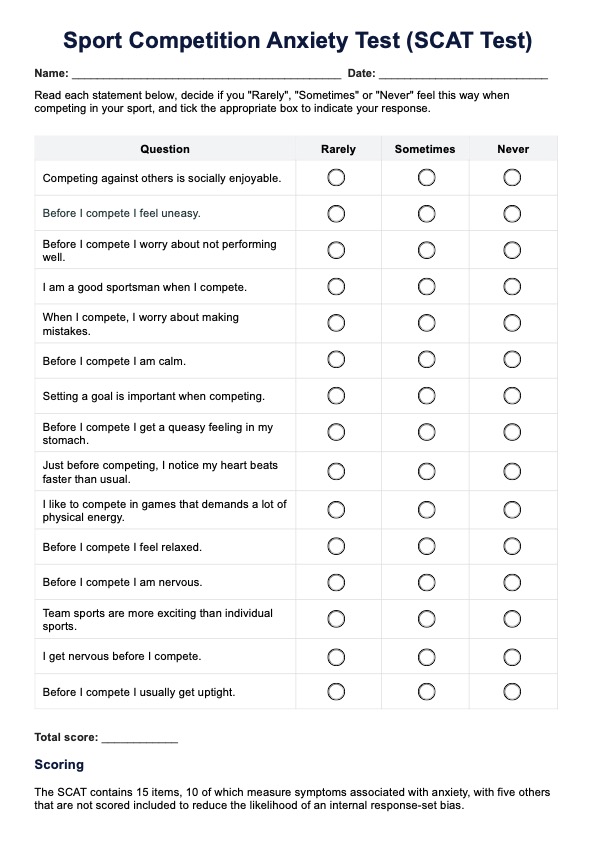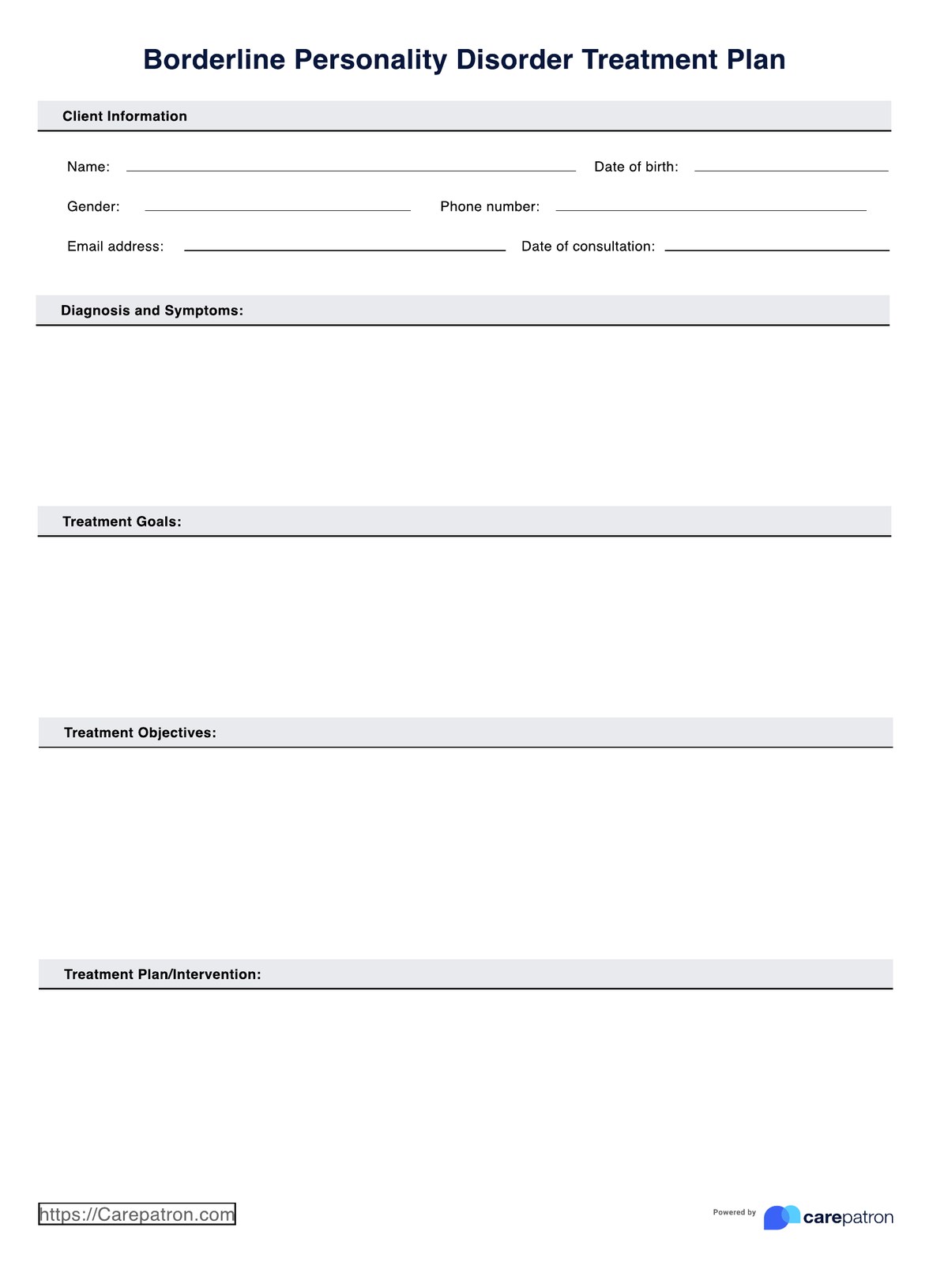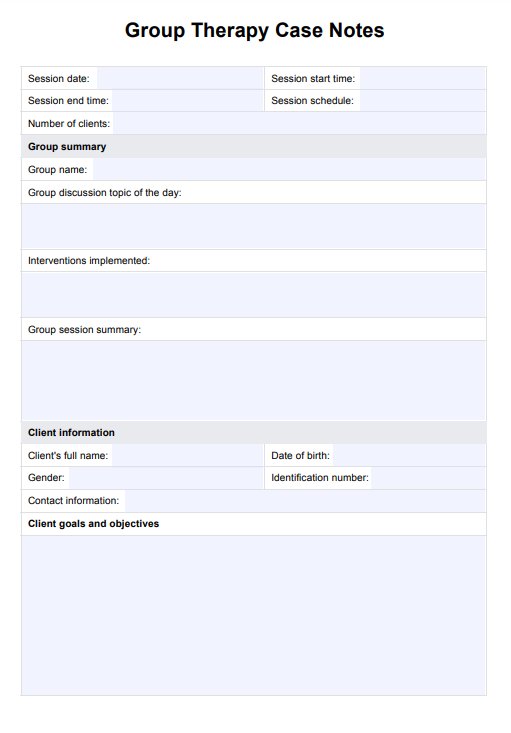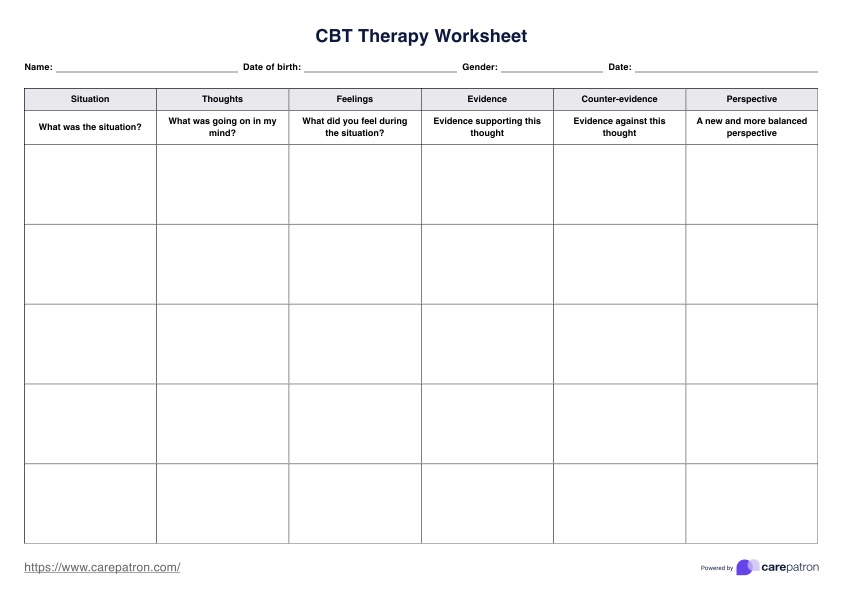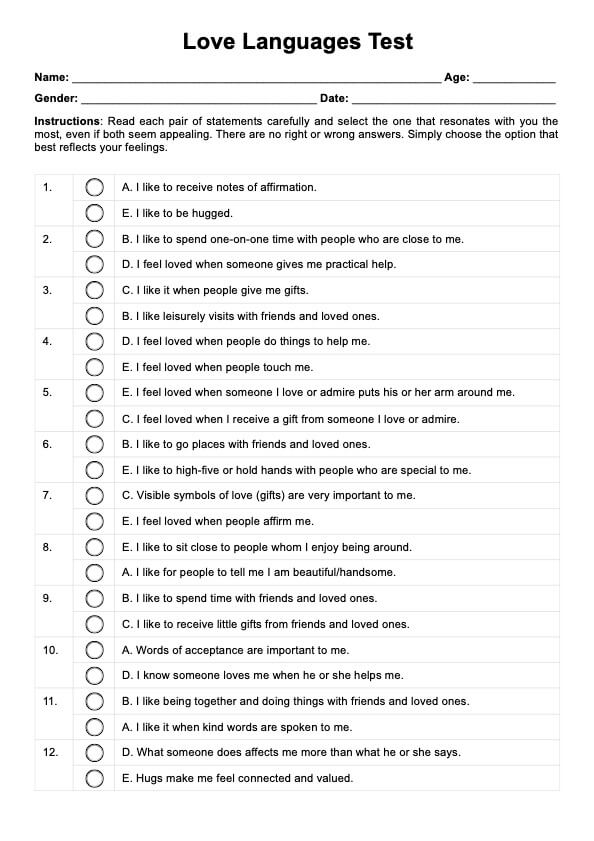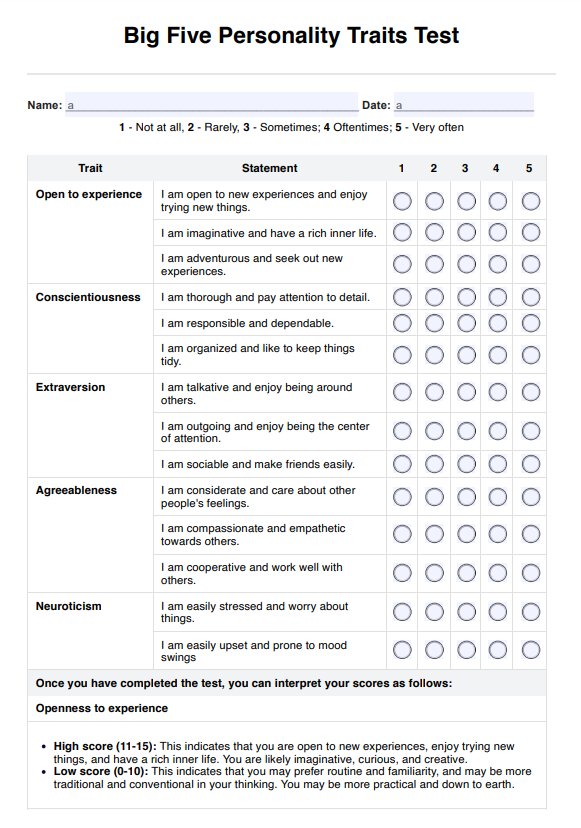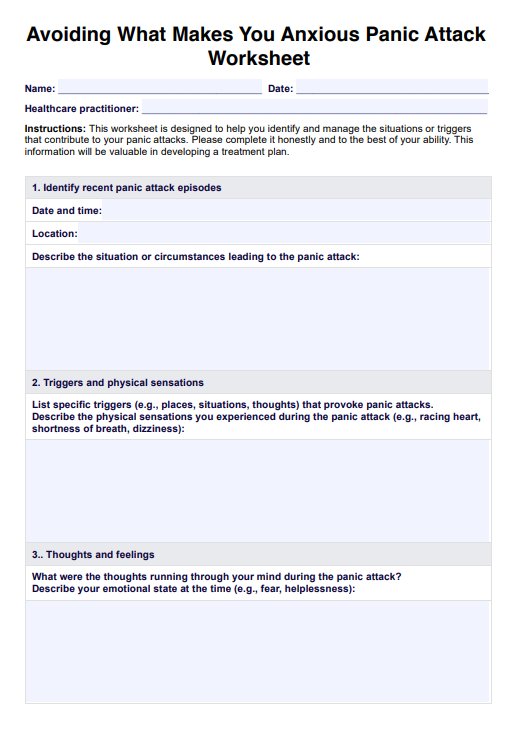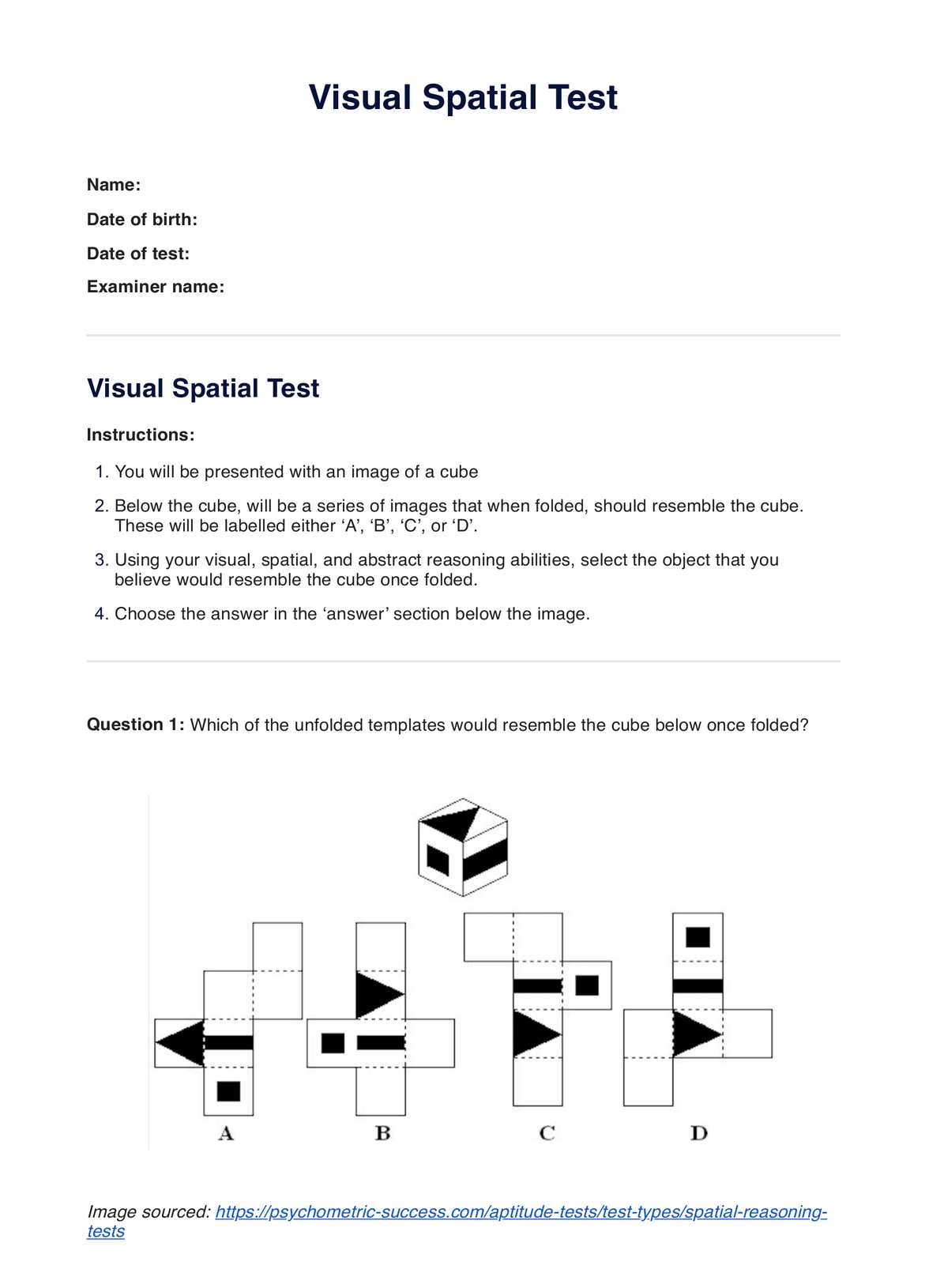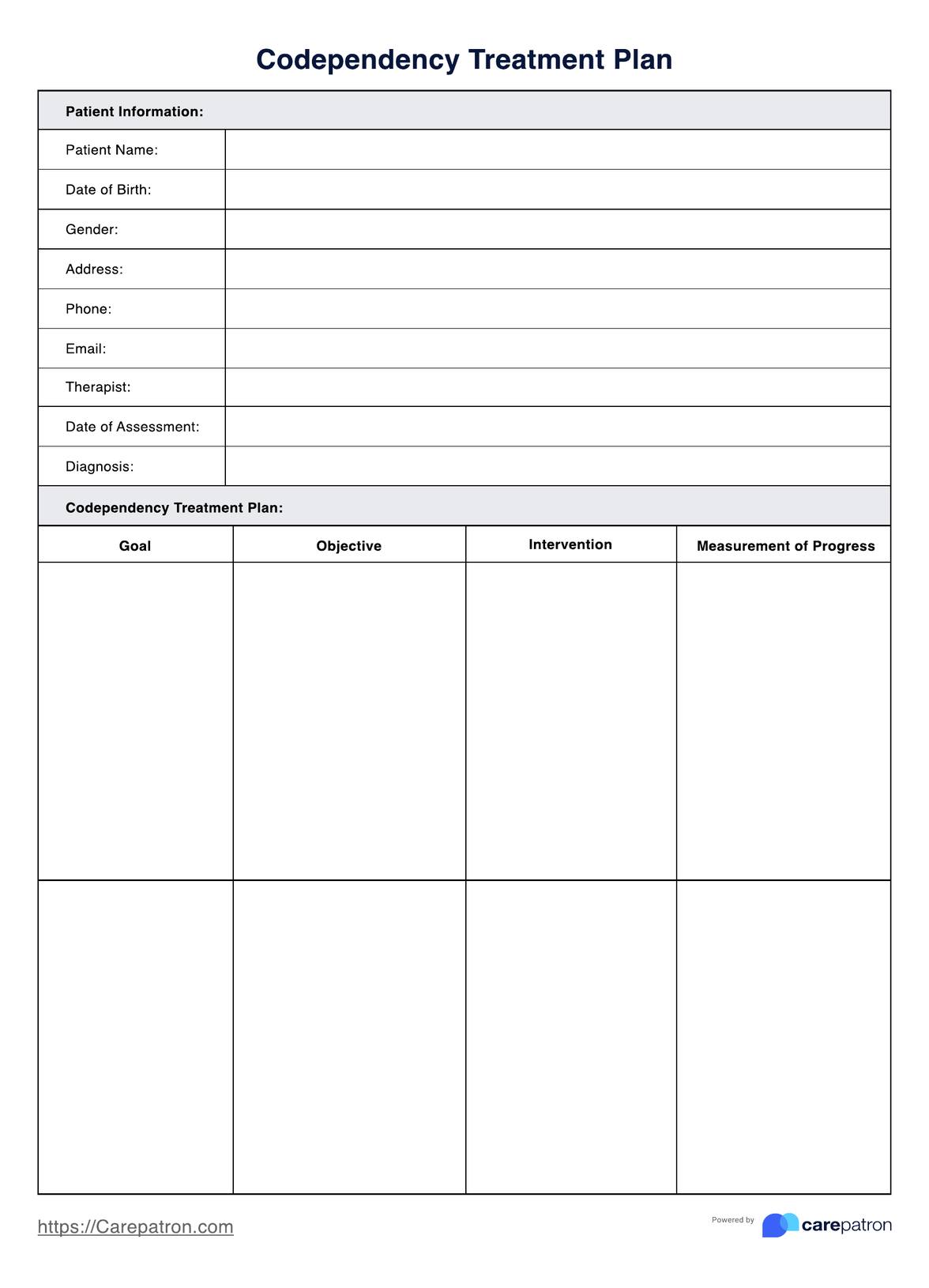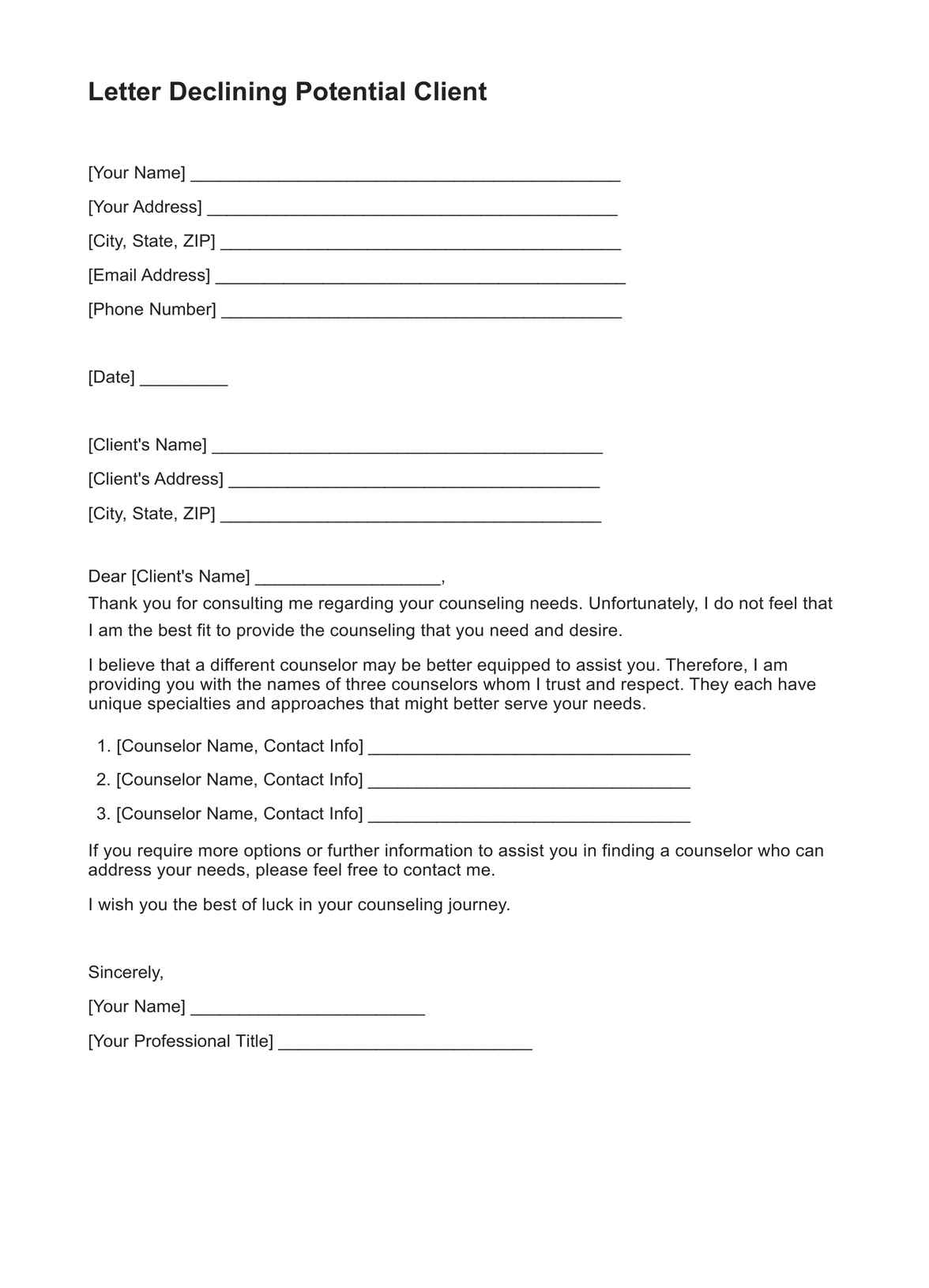Relationship Psychology Test
Explore our Relationship Psychology Test Template designed for therapists to assess and strengthen client relationships. Download your free template now.


What is a relationship psychology test?
A Relationship Psychology Test is a quiz designed to assess the dynamics, strengths, and potential areas for improvement in relationships. It encompasses a series of questions or statements that partners respond to individually or together, often on a scale of agreement or frequency. These tests can evaluate various relationship components, including communication, conflict resolution, emotional connection, intimacy, and overall satisfaction.
Historically, the formal study and evaluation of relationships have roots in the mid-20th century, with the emergence of marital and family therapy fields. Researchers and clinicians began developing assessments to understand better relationship patterns and the factors contributing to their success or failure. Over the decades, these tests have evolved, incorporating insights from relationship psychology, attachment theory, and interpersonal dynamics research.
The primary aim of Relationship Psychology Tests is to provide insights that can guide couples through self-reflection and discussions facilitated by a mental health professional. By identifying strengths and areas needing attention, couples can work on enhancing their relationship's health and resilience. These tests are used in various settings, including premarital counseling, couples therapy, and individual therapy, where one partner is exploring their relationship's impact on their mental health.
Understanding the dynamics of one's relationship is crucial for its nourishment and longevity. Relationship Psychology Tests bridge subjective feelings and objective analysis, helping partners articulate their experiences and perceptions within the relationship. By doing so, they can uncover underlying issues, celebrate strengths, and collaboratively work towards a more fulfilling partnership.
Relationship Psychology Test Template
Relationship Psychology Test Example
Why evaluate your relationship?
Evaluating a couple's relationship through tools like a Relationship Psychology Test is crucial for several reasons. Firstly, it promotes awareness and mindfulness about the relationship's current state. Partners often get caught up in daily routines, neglecting to reflect on the health of their relationship. Regular evaluation can bring to light flourishing aspects and those that may require attention or intervention.
Secondly, it makes sense that relationship assessments provide a structured framework for communication, as discussing responses can facilitate conversations that might not occur organically. Discussing responses to a psychology test can facilitate conversations that might not occur organically. It can help partners express their needs, expectations, and concerns safely and constructively, fostering deeper understanding and empathy.
Moreover, evaluating a relationship can preemptively identify potential issues before they escalate into significant problems. Early detection of misalignments in expectations, communication breakdowns, or emotional disconnection allows couples to address these issues with the help of a mental health professional, possibly avoiding more severe conflicts or dissatisfaction.
Another critical reason for relationship evaluation is to reinforce and celebrate strengths. Recognizing and appreciating what works well in a relationship can affirm and motivate both partners. It strengthens the bond and resilience against future challenges.
Finally, relationship evaluation helps a person contemplating significant life decisions such as marriage, cohabitation, or starting a family, evaluating the relationship can provide valuable insights into their readiness and compatibility for these steps. It ensures that both partners are on the same page and share mutual goals and values.
What does the psychology relationship test evaluate exactly?
Relationship tests delve into various dimensions of a partnership to provide a comprehensive understanding of its dynamics. Specifically, it evaluates the following key areas:
- Emotional connectivity: This aspect assesses the depth of emotional bonds between partners, including how close and secure individuals feel in their close relationship. It looks at how connected individuals feel to their partner on an emotional level and whether they perceive their emotional needs as being met.
- Communication: Effective communication is the cornerstone of any healthy relationship. The test evaluates how openly and honestly partners communicate with each other, their listening skills, and their ability to understand and respect differing viewpoints.
- Conflict resolution: This section measures how couples manage disagreements. It considers whether conflicts are resolved in a healthy, constructive manner or if they lead to prolonged disputes and resentment.
- Intimacy and affection: The test explores the level of closeness and physical affection in the relationship, including sexual compatibility and expressions of love and affection outside of sexual interactions.
- Shared values and goals: This area assesses the extent to which partners share common life goals, values, interests, and even the qualities of a best friend, contributing to a sense of partnership.
- Support and encouragement: The test examines the degree of support partners provide each other, whether in personal aspirations, career goals, or through life's challenges. It looks at how individuals feel supported and valued by their partner.
- Trust and security: Trust is fundamental to a relationship's health. This dimension evaluates the level of trust between partners, including confidence in each other's fidelity, honesty, and reliability.
- Mutual respect: Respect affects how partners treat each other daily. The test measures the presence of mutual respect in terms of acknowledging each other's worth, qualities, and contributions to the relationship.
By evaluating these aspects, the Relationship Psychology Test provides insights into the relationship's strengths and areas needing improvement. It helps identify patterns that may not be immediately apparent, offering a starting point for discussion and growth. Completing such a test can be a valuable step toward enhancing the quality of a relationship, fostering a more profound understanding, and building a stronger, more resilient partnership.
How to use the test
Implementing the Relationship Psychology Test in a therapeutic setting involves a structured approach. This guide is designed for mental health professionals to help their clients gain insights into their relationship dynamics effectively:
Step 1: Access the template
Begin by accessing the Relationship Psychology Test Template. Available through the Carepatron app, this template serves as a structured tool for evaluating critical aspects of relationships. It's customizable to fit various therapeutic approaches and client needs.
Step 2: Introduce the test to your client
Explain the purpose and structure of the test to your client, emphasizing its role in understanding and improving their relationship. Ensure they know the test is a tool for insight, not judgment.
Step 3: Guide your client through the test
Assist your client as they answer the test questions, encouraging honesty and reflection. Remind them that there are no "right" or "wrong" answers, only their true feelings and experiences.
Step 4: Analyze the results together
Review the completed test with your client, discussing the scores and what they reveal about the relationship's strengths and challenges. This collaborative analysis can foster open dialogue about their relationship.
Step 5: Reflect on areas for improvement
Encourage your client to reflect on the test's findings, identifying areas where they feel improvements could be made. This reflection can form the basis for setting goals and planning therapeutic interventions. This plan might include communication exercises, conflict resolution strategies, or activities to enhance emotional intimacy.
By following these steps, mental health professionals can effectively use the Relationship Psychology Test to facilitate deeper understanding and positive change within their clients' relationships. The test offers a structured way to assess relationship dynamics, providing valuable insights that can guide therapy and support couples in strengthening their bonds.
The benefits of completing this test
Initiating the Relationship Psychology Test in therapy or counseling sessions can profoundly impact clients and their understanding of their romantic relationships. This tool offers several key benefits that support both the individual and couple's journey towards a healthier and more fulfilling partnership. Here are some of the main advantages:
- Enhanced self-awareness: Completing the test encourages individuals to reflect deeply on their feelings, behaviors, and expectations within their relationship. This introspection can lead to greater self-awareness, helping clients understand their role in their partnership's strengths and challenges.
- Improved communication: The process of answering the test questions can open up new lines of communication between partners. It can highlight areas where misunderstandings occur or assumptions are made, paving the way for more honest and effective dialogue.
- Identification of relationship strengths: Focusing on areas for improvement and the strengths within the relationship can reinforce the bond between partners. Acknowledging what works well provides a solid foundation for further growth.
- Clarification of areas for growth: The test helps pinpoint specific relationship aspects needing attention, such as trust, support, or conflict resolution. This clarity allows for targeted interventions and strategies to address these issues.
- Facilitation of goal setting: With a clearer understanding of the relationship's current state, couples can set realistic goals for their relationship. Whether it's enhancing emotional intimacy, improving communication, or working through specific conflicts, the test acts as a roadmap for progress and is a step in the right direction.
- Support for therapeutic interventions: The insights gained from the test can inform therapeutic approaches and interventions for mental health professionals. It provides a structured way to discuss relationship dynamics and develop customized strategies to strengthen the partnership.
Incorporating the Relationship Psychology Test into therapy or counseling practices offers a structured approach to exploring and enhancing romantic relationships. By facilitating self-reflection, communication, and targeted growth, the test is valuable in the journey toward healthier and more satisfying partnerships.
Tips for strengthening your relationship
Strengthening a romantic relationship requires effort, understanding, and a commitment to growth from both partners. Here are practical tips that mental health professionals can share with their clients to foster a stronger, healthier connection:
Communicate openly and honestly
Open and honest communication is the cornerstone of a strong relationship. Encourage clients to express their feelings, desires, and concerns respectfully and non-judgmentally. Listening actively and empathetically is equally important to understand each other's perspectives.
Prioritize quality time together
In today’s busy world, making time for each other is crucial. Set aside regular, uninterrupted time to connect, whether through date nights, shared hobbies, or talk about each other's day. This quality time can reinforce the bond between partners.
Show appreciation and affection
Small gestures of appreciation and affection can go a long way in maintaining a positive relationship dynamic. Encourage clients to regularly express gratitude, give compliments, and show physical affection or desire to their partner.
Practice forgiveness
Holding onto grudges can be toxic to relationships. Advise clients on the importance of forgiveness, understanding that everyone makes mistakes. Discussing issues openly and working through them together can help heal wounds and prevent resentment from building up.
Support each other’s goals and interests
A supportive partnership involves encouraging each other’s personal goals and interests. Encourage clients to take an interest in their partner's hobbies and aspirations, offering encouragement and understanding when needed.
Work on conflict resolution skills
Conflicts are a natural part of any relationship. Offer strategies for healthy conflict resolution, such as taking time to cool down, approaching discussions with empathy, and finding compromises that satisfy both partners.
Maintain independence
While a close partnership is valuable, maintaining a sense of independence is also important for a healthy relationship. Encourage clients to pursue their own interests and friendships outside of the relationship to foster personal growth and prevent co-dependency.
Seek professional help when needed
Sometimes, professional assistance is necessary to navigate relationship challenges. Encourage clients not to hesitate in seeking help from a therapist or counselor, especially when dealing with persistent issues that they find difficult to resolve on their own.
By integrating these tips into their daily lives, couples can work towards strengthening their relationship, ensuring it remains resilient and fulfilling over time. Mental health professionals are crucial in guiding clients through this process, offering the tools and support needed to cultivate lasting bonds.
Commonly asked questions
The most crucial aspect is the honesty of the responses, as accurate answers provide deeper insights into the relationship's dynamics and areas needing improvement.
Relationships are central to psychological well-being, affecting mental health, happiness, and personal growth.
Psychology offers tools and strategies to understand and improve communication, resolve conflicts, and strengthen emotional connections in relationships.


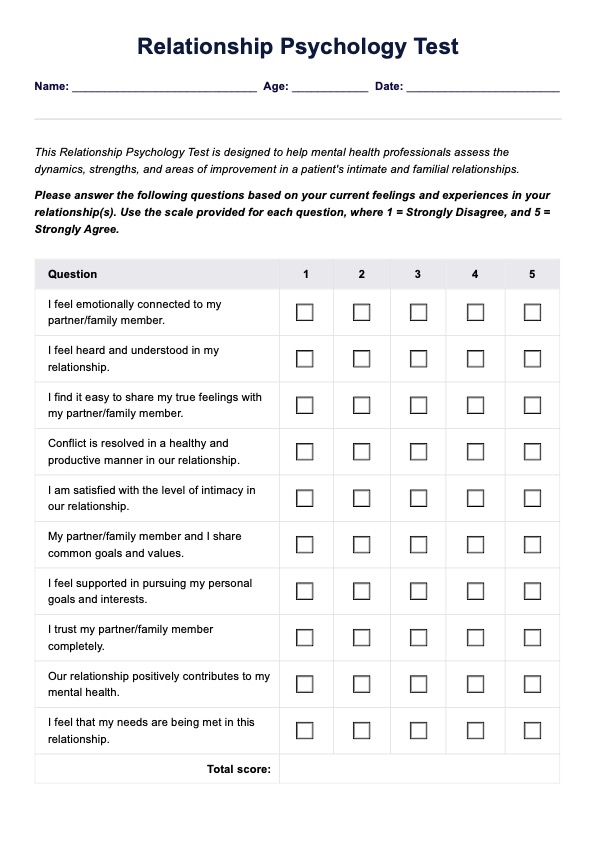
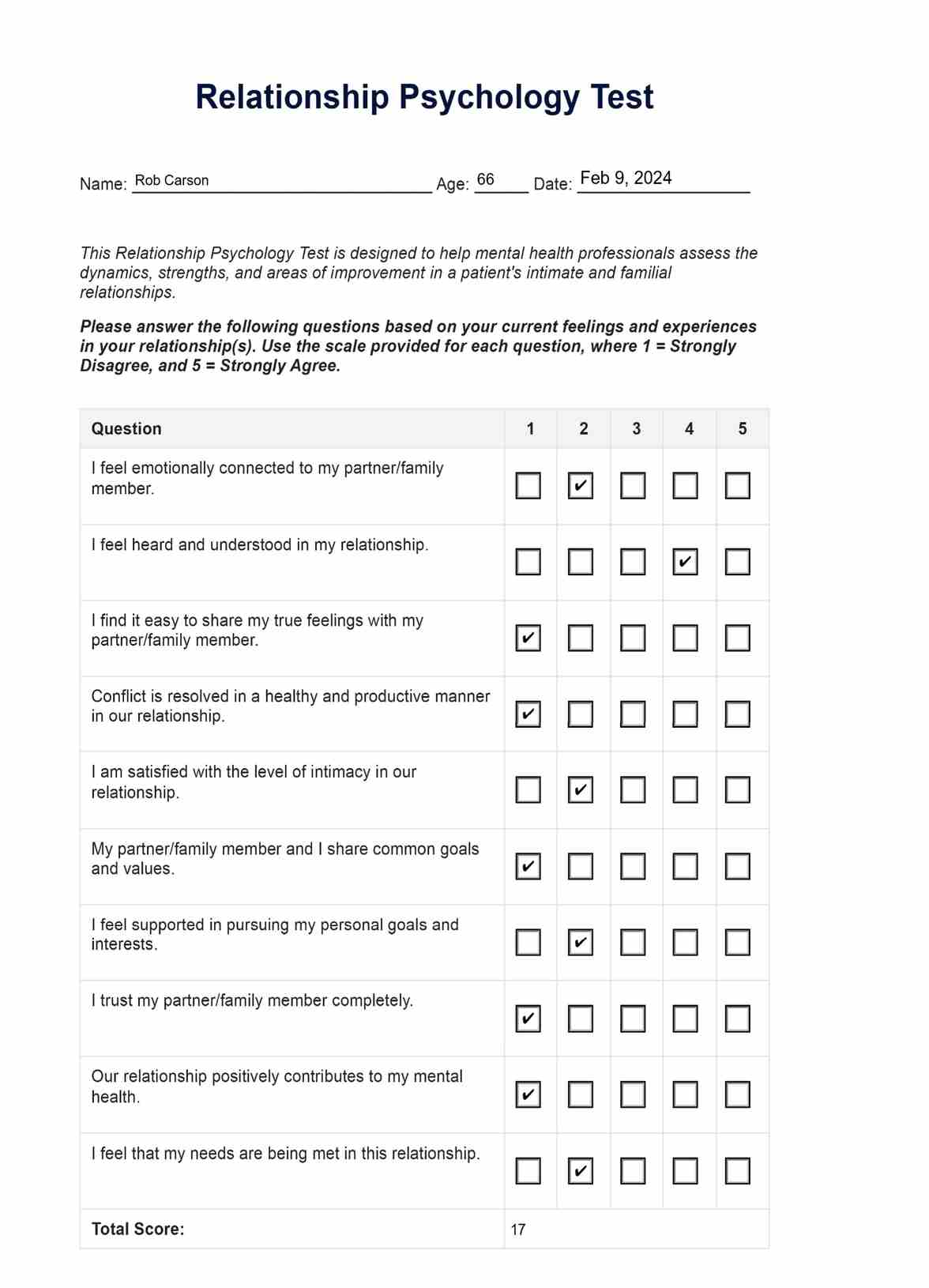

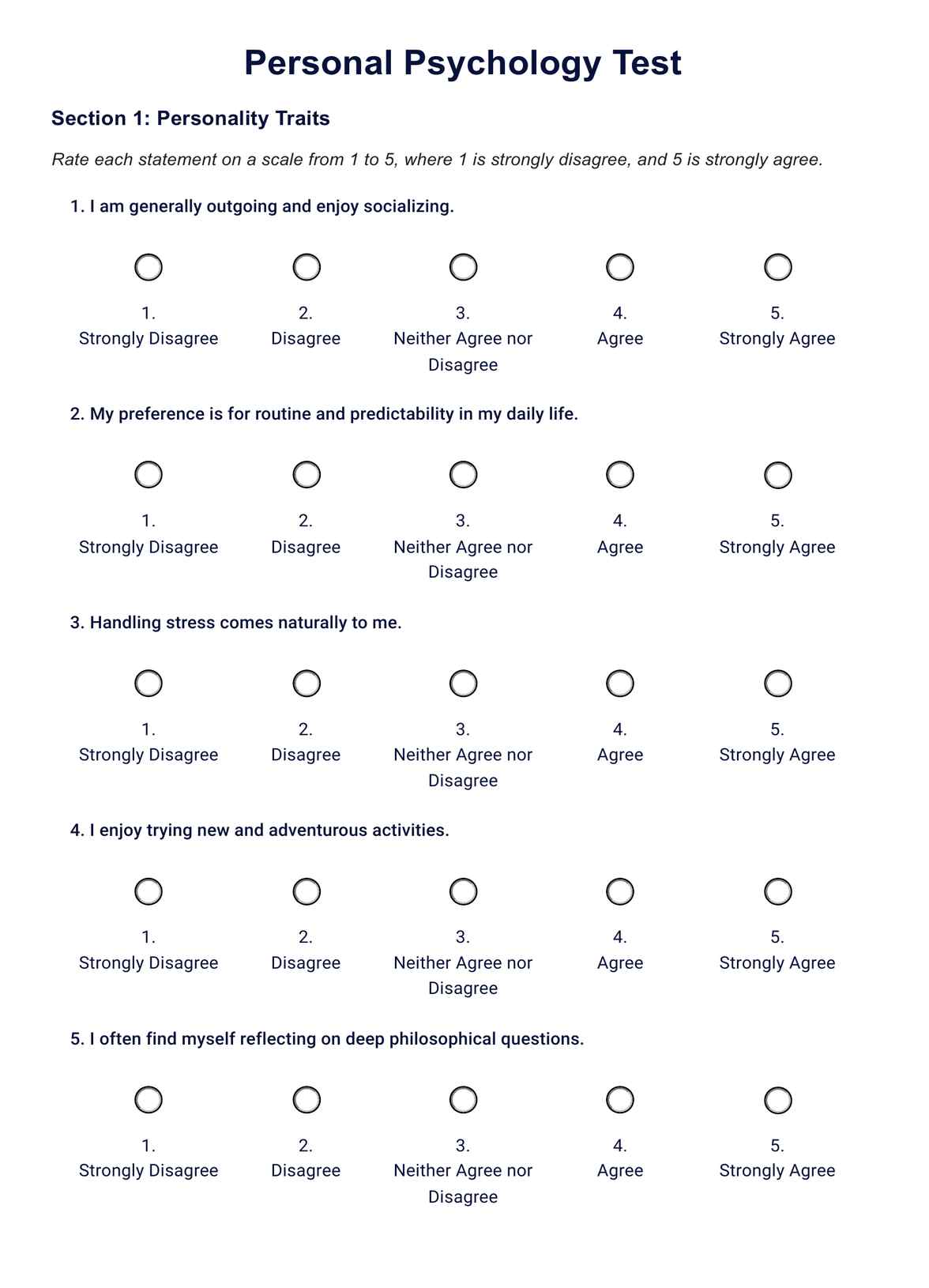
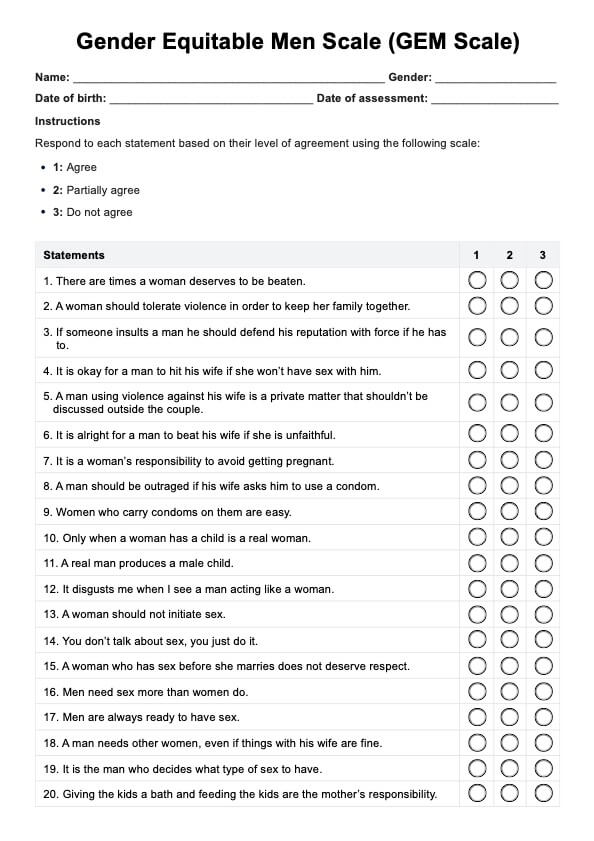

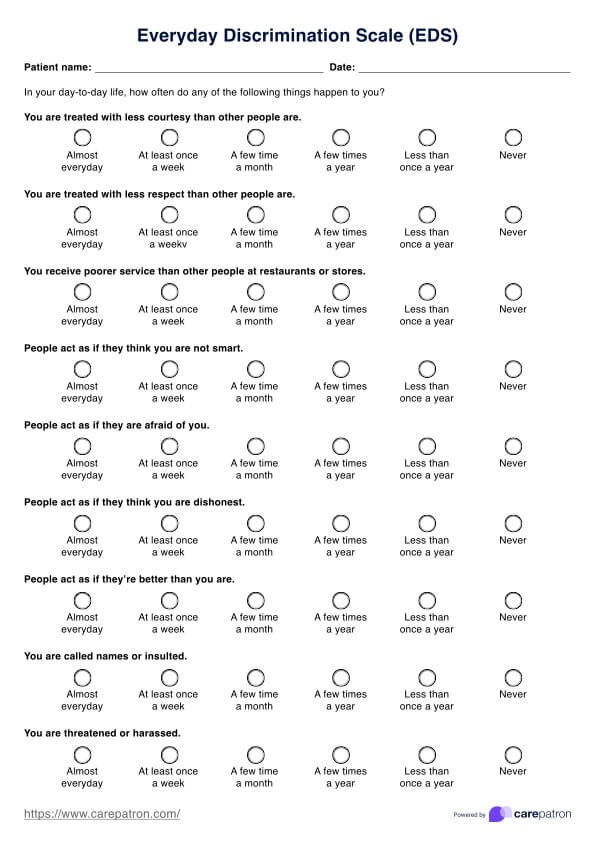










-template.jpg)


